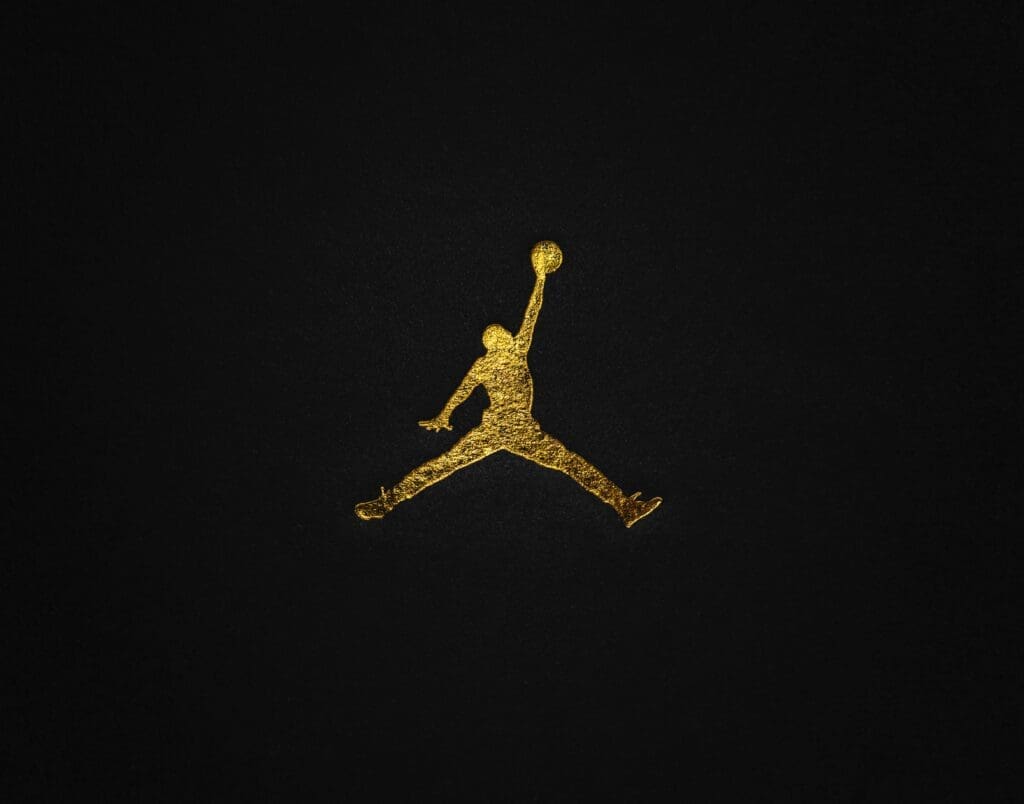Social Media Vs. the Stock Market

By now, everyone on the internet has heard some version of the story about Reddit stock traders taking on billion-dollar hedge funds, all revolving around the stock for the ailing video game retailer Gamestop (GME). But what actually happened? And how did a disorganized group of investors manage to put pressure on some of the wealthiest organizations in the world?
The Big Short
For a long time, GME has been one of the most shorted stocks in the entire stock market, as investors predict the downfall of the struggling retailer. A few weeks ago, the number of shorted shares in GME stock actually exceeded the total number of shares available (for an explanation of how that’s possible, see Motley Fool). For the layperson, a short works roughly like this:
Adam owns shares in a stock.
Bob borrows those shares from Adam promising to return them plus $10.
and sells them to Carol at a high price (let’s say $100), anticipating that the price will drop soon.
When the price drops to $50, Bob buys them back from Carol for $50 and returns them to Adam.
In this scenario, Bob made $50. You’ll also notice that this plan relies on someone like Carol who’s willing to buy at $100 and sell at $50, thus losing money. Hedge fund investors intended to short Gamestop by selling high and buying low, thus pocketing a profit and benefiting from the losses of the thousands of retail investors who’d lose money on the falling stock prices.
Wall Street Bets
The plan fell apart when Reddit got involved. When members of the forum Wall Street Bets, known for reckless investing, got wind of the enormous shorts being put on GME, they realized that they could force an artificial price jump in GME stock, make some money, and possibly put the screws to the big hedge funds at the same time.
In the metaphor above, Reddit investors are the Carols, buying up every shorted stock they can find but refusing to sell back to the Bobs (the hedge funds). The problem is that Bob still needs to return the stock to Adam. Every short has a deadline built into it, and as that deadline approached, the hedge funds became more and more desperate to buy back the stocks they needed to make good on their debts.
As retail investors refused to sell, the price of GME stock skyrocketed from around $18 early in 2020 to nearly $350 at its peak. Many investors sold their shares for enormous profits, while others pledged to hold onto their shares (a practice they refer to as “diamond hands.”)
The Power of Social Media
As the story began to spread, the retail investors started to gain some high-powered allies. Representative Alexandria Ocasio-Cortez, Dallas Mavericks owner Mark Cuban, Tesla founder Elon Musk, and others began to catch wind of the position that hedge funds were put in, and they were not sympathetic. As Ocasio-Cortez put it, “Gotta admit it’s really something to see Wall Streeters with a long history of treating our economy as a casino complain about a message board of posters also treating the market as a casino.”
The truth is, widespread collaboration in order to manipulate the price of a stock is illegal — but that doesn’t mean it doesn’t happen. Given the rampant self-enrichment that Wall Street insiders have practiced for decades, most people who heard the story were all too happy to watch hedge fund managers sweat.
On February 2, Melvin Capital (one of the largest hedge funds shorting GME) closed out its position. It’s not exactly known how much money Melvin Capital lost, but CNBC reports that its parent companies injected $3 billion into the fund to help cover its losses.
The Robinhood Twist
This frenzy of retail trading was made possible in large part by apps like Robinhood, which allows users to buy and sell stocks without using a brokerage. On Thursday, February 4, as GME prices fell and other retail users tried to buy up shares, Robinhood closed trading on GME and several other heavily-traded stocks. Users could sell their GME positions or buy others, but they couldn’t buy GME.
Users outraged by the decision, including many of the same celebrities that endorsed the squeeze in the first place, pointed out the relationship between Robinhood and Citadel, the company that owns Melvin Capital. Speculation ran rampant that Citadel was intentionally cutting off retail investors from the market, though the extent of their cooperation isn’t known yet.
The Aftermath
Truth be told, we don’t know what the aftermath of this story will look like. The SEC has gotten involved, promising to “protect retail investors when the facts demonstrate abusive or manipulative trading activity” and take action against brokerages like Robinhood that may have “unduly” limited trading.
From a marketing perspective, the incredible aspect of this story is simply how powerful a group of retail investors can be when united by a common forum (Reddit) and a “why not” attitude. The same forces that cause events like the ice bucket challenge were at play here — the desire to be a part of something bigger, the influence of celebrities, and the attention span of social media — but this time, the consequences were enormous. If there’s a lesson to be learned here, it’s one that marketers have been repeating for years: don’t underestimate the power of the Internet.





